Every spring, many ecologists and students around the world gear up for field season. For most of us, it is the highlight of the year: traveling to study sites, seeing colleagues, spending the season outside, and collecting the all-important data. This spring in the northern hemisphere, however, when the Covid-19 pandemic gripped the world and settled over the U.S for the foreseeable future, the prospects of field season seemed lost. Many scientists, especially young masters or PhD students, had to forgo the field season all together – a loss with potentially significant impacts to future career opportunities.
I was one of these scientists, watching the situation around the country unfold and threaten the plans I had made. Summer 2020 would be the fifth year that I spent time supporting a stream ecology research team at the Rocky Mountain Biological Laboratory in Gothic, Colorado. We collect stream insects and catalog the diversity at 8 sites throughout the East River Valley. I also spent the spring designing a policy analysis to evaluate in-stream flow rights of these same streams – a project that supported my Masters of Environmental Management degree.
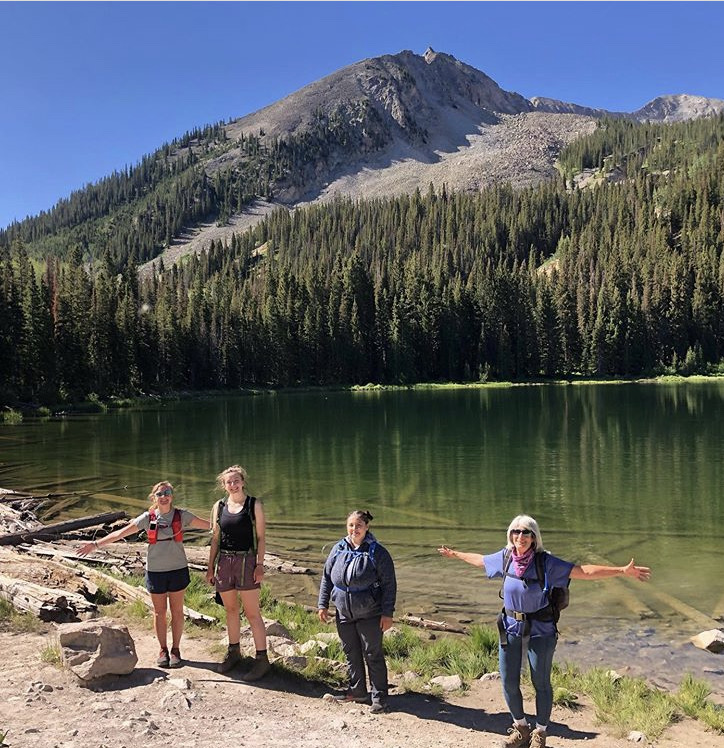
Faced with the complex situation of traveling to Colorado amid the pandemic or staying home, my decision making was multi-faceted but mostly hinged on two factors. Covid-19 safety for the broader community and my own mental health – a topic not often discussed. Traveling anywhere during the pandemic is not safe, and the risks to my friends, family, and the rural community of Crested Butte was a moral dilemma. The benefits of a change of scenery, however, would be welcome after months of Zoom classes. The same policy analysis project seemed daunting to begin from afar, and I knew productivity would be very low if my summer was completely virtual.
A summer in the mountains had never weighed so heavily on my mind, but after countless conversations with trusted friends and advisors, long discussions on group safety and extensive travel planning, I decided that my research team was taking appropriate safety precautions and the motivation to start a policy analysis would be found at higher elevations.
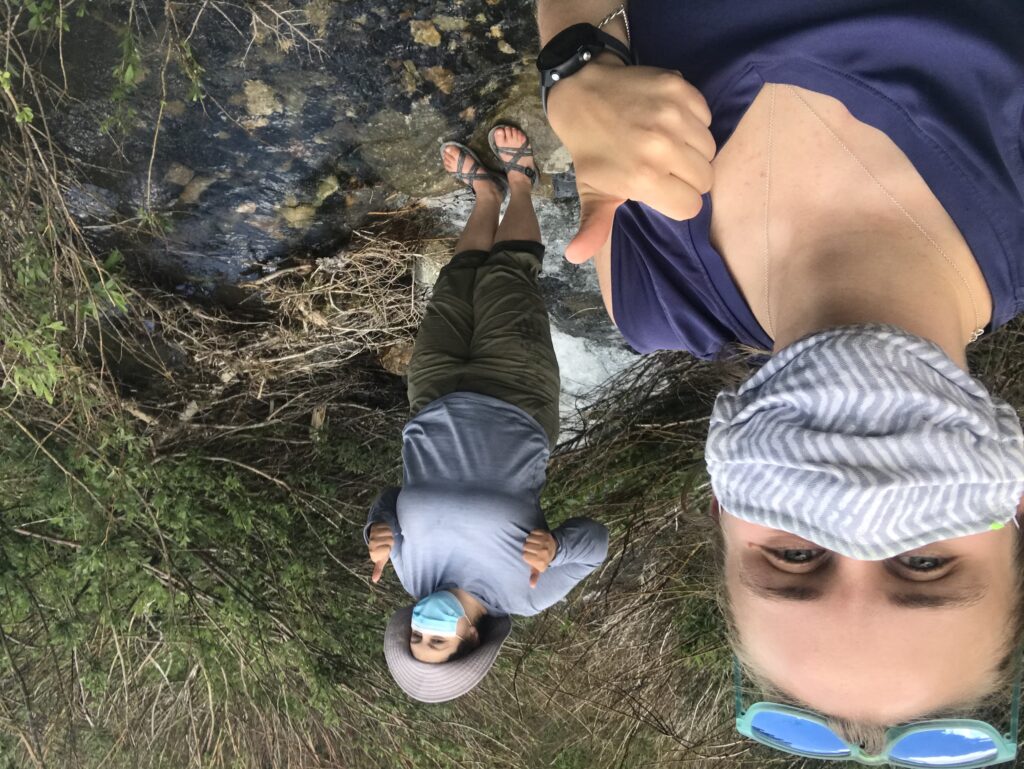
The summer in Colorado looked very different than in past years. Normal summers included countless hugs of old friends and mentors, meeting new students around the townsite and fun trips into the mountain town for drinks or concerts on the lawn. This summer, however, the biological station was sparsely populated and it struck me just how many people had faced the same challenging decision-making process. Other people had made the decision to travel like I did, but many others did not or weren’t approved to travel by their institutions.
The reality of it is that, not just scientists, but everyone across the U.S. has been making difficult decisions for the past 6 months – decisions with limited knowledge, guidance or support that have deep, lasting implications. The effects of these decisions are hardly realized yet but promise to be impactful, most likely in negative ways. While young students and scientists have been trying to make the best of a bad situation, the collective loss of opportunity from spring through summer 2020 could be catastrophic across the landscape of young scientists, particularly groups that are already underrepresented in science.
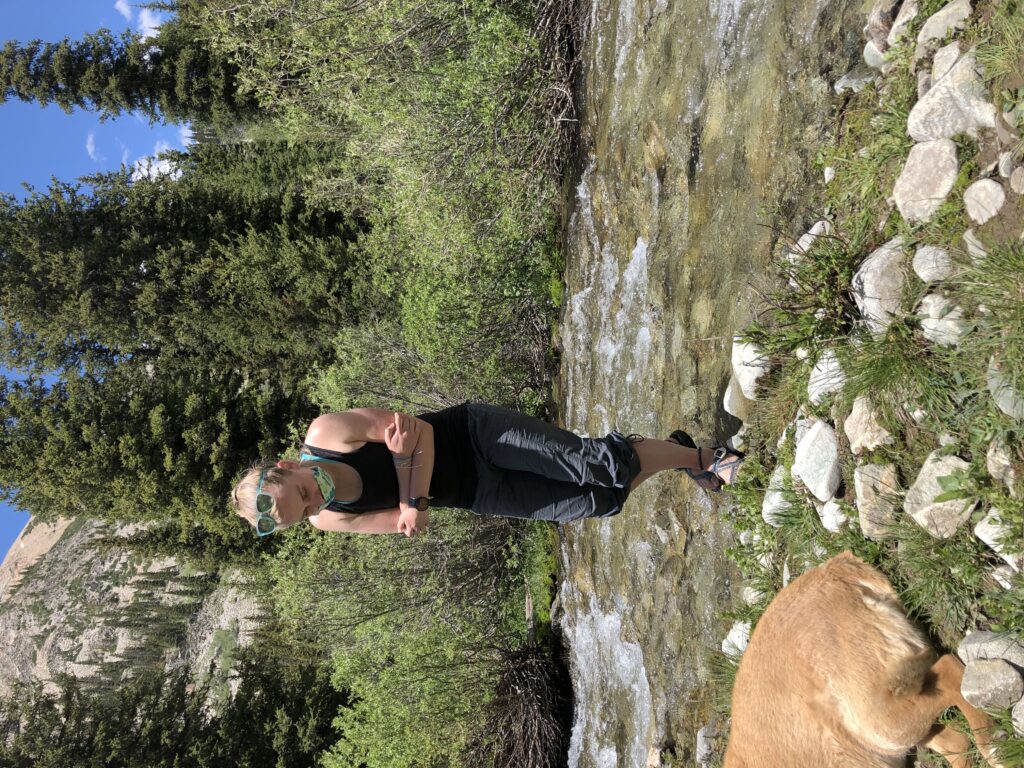
The loss of an internship or a summer funding scholarship could effectively end the professional path for students who have just graduated and have to seek employment in other fields. The loss of a field season could be catastrophic to a master’s student that effectively only has one season to collect data for their thesis – conversations that I actively had with my fellow YSE students. Young PhD students or early career scientists may lose a critical year of data in longer-term studies and prevent publishing – a critical metric for further employment.
These losses consider opportunities from the summer of 2020 only – the potential science gap that may result from the spring and coming year of online coursework and research is nearly unfathomable. Field biology is a highly interactive, and without the field experiences, many resumes will be lacking critical skills for field jobs in the coming years. Furthermore, beyond the collegiate level, the blow to education at the primary school level is sure to send shock waves as students fall below achievement targets, are no longer learning at grade level or struggle to find resources to prepare for college applications or standardized tests.
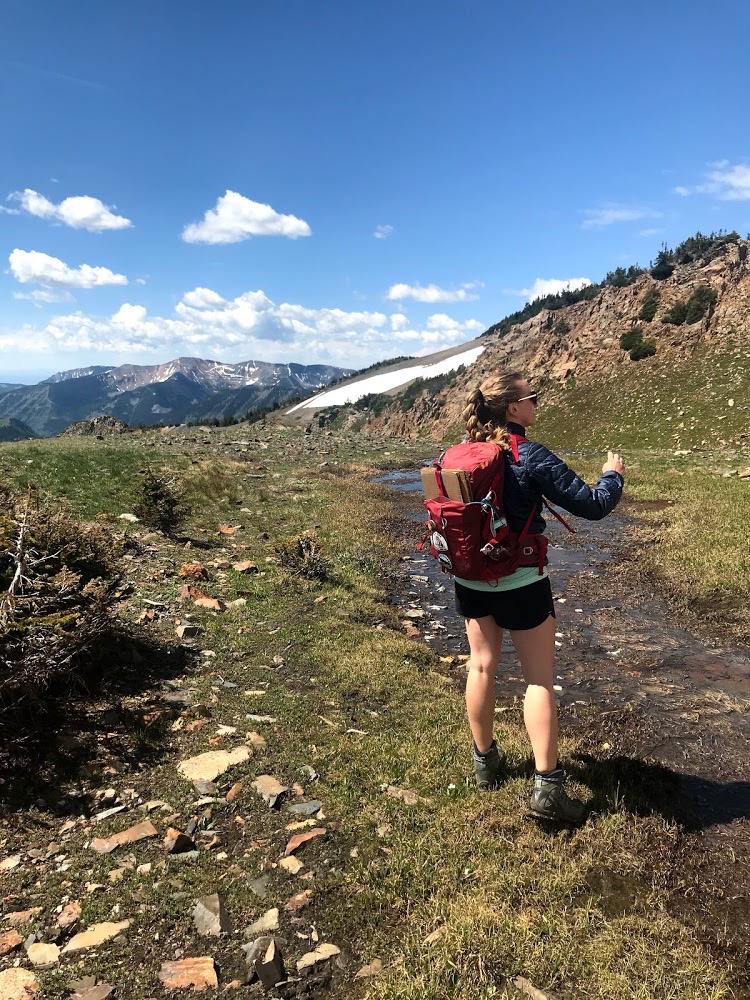
These collective losses on the professional landscape of science don’t even account for the losses on the social side of the science community. One of the beauties of being a scientist is learning from the previous generations, looking up to scientific leaders and collaborating on new research with scientists at all stages of their careers. This intermixing of established and emerging scientists creates a wide and multi-generational network of support and friendship among peers and colleagues. Grappling with the huge toll Covid-19 has had on human lives around the world is a dimension of loss and grief sure to have rippling effects across the science community. Loss of older mentors, idols and friends magnify the losses of professional opportunities to losses of personal support and advice across these networks.
As most of us move into a semester that looks very different than any educational experience has ever looked, it is important to consider the collective losses and impacts we are sure to experience as time moves forward. It will take this passage of time to truly understand the gravity of so many decision trains derailed, the grief a community may be feeling over the loss of an influential figure and the cascading effects of lost professional opportunities on a massive, field-wide scale. While there has been some initial outcry to bring attention to impacts on early career scientists, awareness of these impacts will need to be considered by employers for years to come. Gaps on resumes or projects left unfinished are reflections of the unprecedented stress, anxiety and institutional barriers that have arisen in 2020.
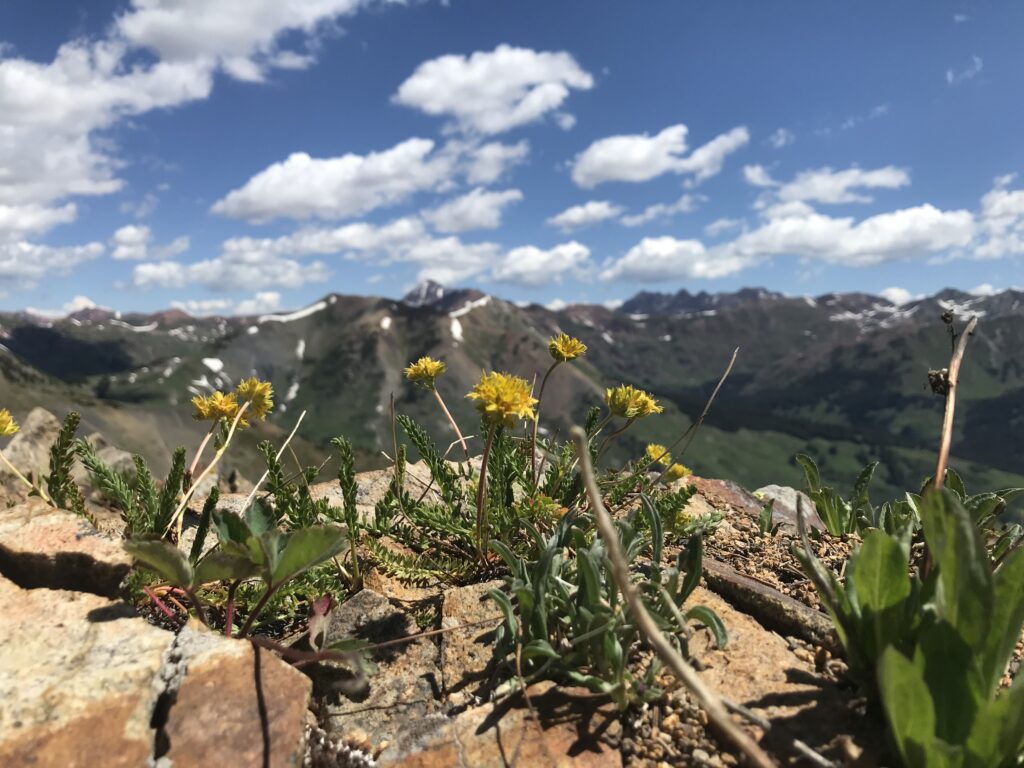
Perhaps this is an excellent opportunity to bring some more humanity into the sciences; to start conversations about how community support is more important than ever, how inequities manifest and have cascading effects, and how mental health should be a foremost consideration for students and scientists alike. There is space for the culture in scientific fields to improve for everyone, but particularly for underrepresented groups like women and minorities. Thinking ahead to what a supportive and inclusive scientific landscape looks like will take emotional investment and understanding, inclusion of diverse voices, and open minds to big changes.
The stress of the pandemic is still looming and life has not returned to normal despite efforts to keep the traditional school year on track. The additional layering of stressors ranging from technological trouble shooting to diluted social interactions to deaths of friends or family threaten students at every level.
Looking forward, the expectations and workload this semester for students at YSE seems to be as high as ever. Graduate school is a time to be pushed to the limit academically and we all came prepared to be challenged. That challenge, however, may begin to take a disproportionate toll as it joins a landscape of underlying social and medical stress. 2020 may be the year when students need to ask for more support, understanding and empathy. Students or not, people should be awarded more grace in these trying times.
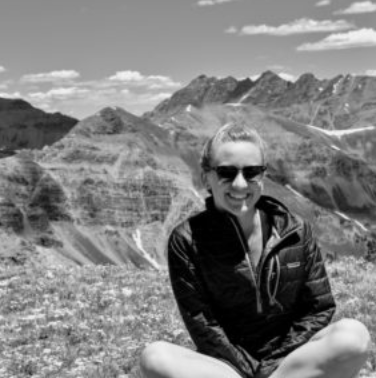
Margot Buckelew, Western Resources Fellow and Research Assistant | Margot is a Master’s of Environmental Management candidate focusing on water resources. She is interested in studying urban water quantity planning and policy development while at Yale. Before graduate school, Margot became inspired by the western landscape while spending time in Colorado working on mayflies, and working on steel head research in Washington. See what Margot has been up to. | Blog
